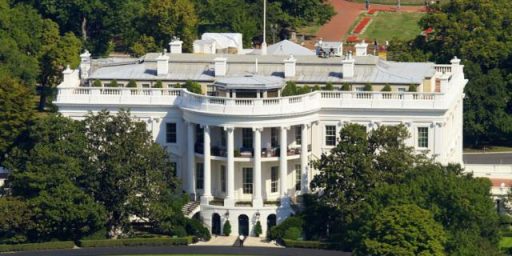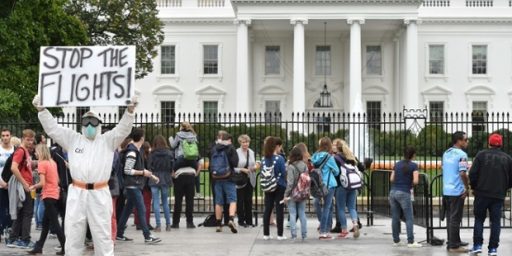Air Travel Becomes Mass Commodity, Service Declines
Air travel is getting steadily worse, David Lazarus laments in the San Francisco Chronicle, with airlines charging more while taking away or charging for all comforts and amenities from coach passengers. They’re now charging for movies and meal, both of which were included in the ticket price not long ago, and a few carriers are now charging to check luggage. Northwest charges $15 for an aisle seat and Spirit charges extra to check luggage.
Industry analyst Michael Boyd notes that these experiments become uniform if successful, “If I’m United and I see American getting away with something, I’m going to do it, too.” And he predicts flying will continue to become less comfortable. “It’s mass transit and it’s a thin-margin business,” he said. “So you have to make it up on volume. That means narrower seats and it means less leg room.”
Michael O’Hare doesn’t mind charging people for non-essentials, since it means those who don’t need or want those things don’t have to pay, as they do when they’re “free.” He does, however, object to hidden fees.
What’s not so fine is that things like airplane tickets and hotel rooms are bought on the basis of a base charge quoted without really making it clear what other charges (like local taxes) will apply or what services are extra, like high-speed internet. Hotels have, it seems to me, a self-defeating habit of charging completely ridiculous prices for things like minibar items and telephone calls and tacking on add-ons that surprise me. I’m sure it’s all legal, but the net effect is to make me suspicious and resentful of any hotel, fearful that they’re trying to chisel me rather than offer a good service at a fair price.
Indeed, I go out of my way to avoid using the minibar and simply use my cell if I need to make a call. But hotels are in a somewhat different position, as many of the added fees — including absolutely outrageous tax surcharges — are mandated by local governments trying to get easy money from business travelers who don’t have a vote. That could be stopped in its tracks if planners would simply refuse to book conventions in cities that did that.
The problem with air travel is one that Boyd hits upon in passing: It’s now mass transit rather than a luxury affordable only by the well-to-do. Invariably, that leads to quality going down. Compare, say, the Bahamas or Jamaica of the 1960s James Bond movies with what they’ve become now in the age of all-inclusive resort packages.
Relatedly, air travel has long been a commodity. None of us have loyalty to Delta or United or whomever. We book our own tickets online and shop almost exclusively by price. Since the major carriers have to compete against low amenity upstarts on routes, they have no incentive to provide better service.
Unfortunately, things have gotten worse since 9/11. Not only does air travel now entail the added inconvenience of arriving much earlier than previously necessarily, having to check one’s bags unless three ounces of shaving cream and the like will suffice, and then endure the indignities of security screening, but we’ve turned stewardesses from service personnel there to make the paying customers more comfortable into “flight crew” whose “orders” must be obeyed and with whom “interfering” is a federal crime.






Yes, that is not surprising given he has a stake in the airport business. His eponymous airport is full of shady businesses trying to sell overpriced food and drink!